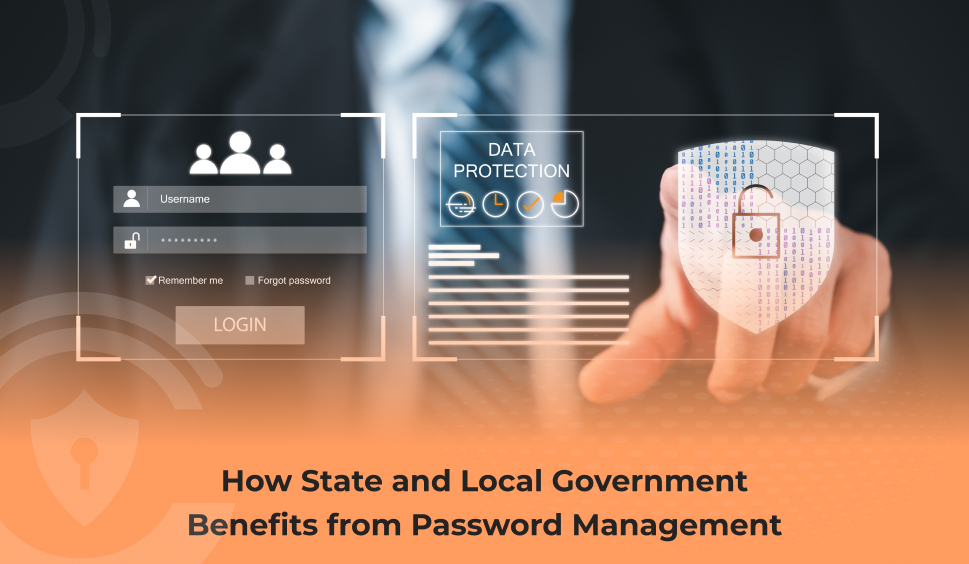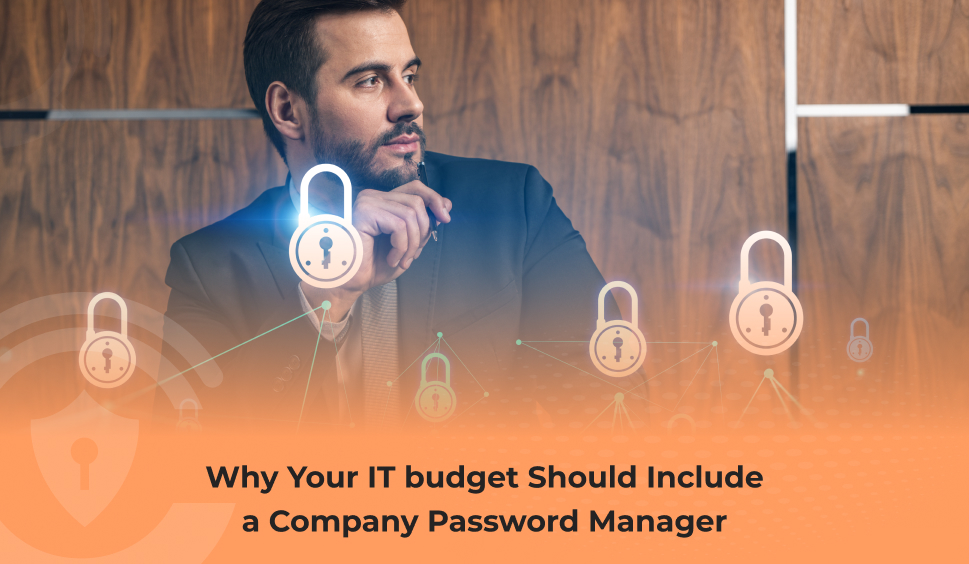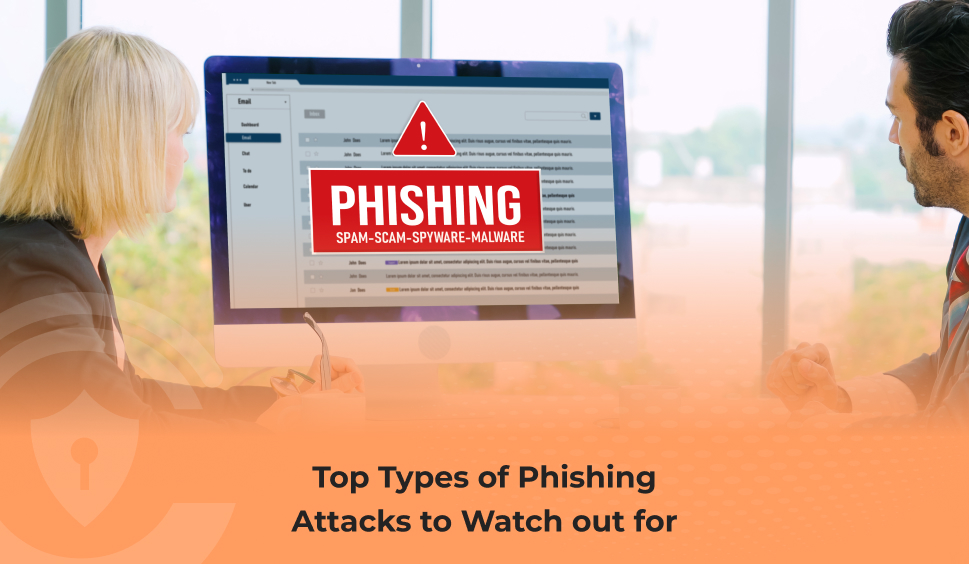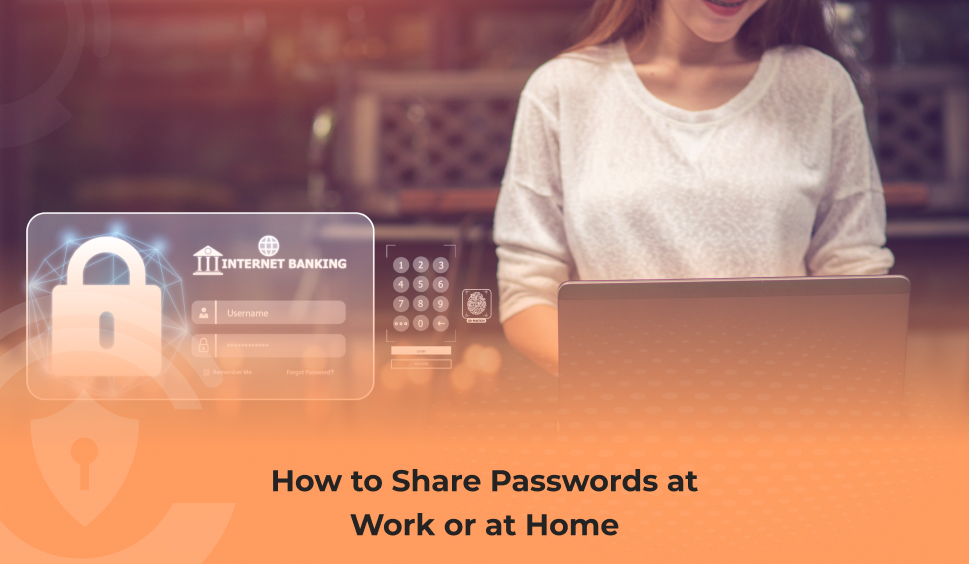
How VPNs Enhance Your Online Privacy and Security
In this hyper-connected world, almost every aspect of our lives unfolds online, whether it’s browsing websites, streaming content, shopping, or handling finances. With this continuous digital interaction comes a growing requirement to secure our personal data and maintain our privacy. This is where Virtual Private Networks (VPNs) come into play, delivering a potential solution to improve online security and safeguard your activity from prying eyes.
What is a VPN?
A Virtual Private Network (VPN) creates a safe, encrypted connection between your device and the internet. It is similar to a private tunnel for your data, securing it from hackers, advertisers, and even your Internet Service Provider (ISP). When connected to a VPN, your internet traffic is routed via a remote server, hiding your real IP address and encrypting all data transferred, making it challenging for outsiders to trace your online activity.
Why Privacy Matters?
Online privacy isn’t just an issue or a task for tech experts or high-profile individuals; it’s important for everyone. Without security, your browsing habits, location, and even crucial information such as passwords and credit card numbers can be seized, specifically on unsecured networks like public Wi-Fi. ISPs can track and sell your data, websites can track your behavior, and cybercriminals can abuse vulnerabilities.
VPNs ease these risks by anonymizing your internet presence and safeguarding the transmission of your data, ensuring that your digital footprint is far less noticeable.
Key Ways VPNs Enhance Your Online Privacy and Security
-
Data Encryption
The primary strength of a VPN lies in encryption. It disorganizes your data into unreadable code while it travels between your device and its destination. Even if someone interrupts this data, they won’t be able to decode it without the encryption key. This is especially crucial when using unsecured public Wi-Fi, where cybercriminals often creep around.
-
IP Address Masking
Your IP address discloses your location and identity to websites and advertisers. But it’s a VPN that replaces your real IP with the address of the server you’re connected to, often situated in a different city or country. This not only secures your identity but also enables you to bypass geo-limitations on content and websites.
-
Defense from ISP Tracking
Generally, your ISP can track your online behavior and sell that data to advertisers. A VPN can avoid this by hiding your activity from your ISP, efficiently putting a barrier between your device and their surveillance.
-
Safe Access to Public Networks
Whether you’re working at a café or checking emails at the airport, public Wi-Fi is extremely vulnerable to attacks. A VPN adds a critical layer of defense, encrypting your data and keeping it safe from anyone trying to snoop or interrupt.
-
Bypassing Censorship and Restrictions
In countries where internet access is limited or censored, VPNs offer a way to access blocked or banned services and websites. By connecting through servers in permitted jurisdictions, users can enjoy open access to details and communicate without government intervention.
Considerations When Using a VPN
While VPNs offer several advantages, it’s crucial to distinguish their restrictions. Your privacy still relies on the reliability of your VPN provider. Since all your internet traffic is routed via their servers, a deceitful provider could log or exploit your data. Always opt for a VPN with a visible no-logs policy, strong encryption, and a solid name supported by independent audits.
Speed can also be a trade-off. Because data is being rerouted and encrypted, VPNs may slow down your connection. However, premium VPNs usually offer high-speed servers to reduce this impact.
Moreover, VPNs don’t offer complete anonymity. Techniques such as browser fingerprinting and cookies can still track you. Using a VPN, alongside privacy-dedicated browsers, tracker blockers, and good digital hygiene practices, is the finest approach for comprehensive security.
Choosing the Right VPN
To improve your safety and privacy, go for a VPN that offers:
- Strong encryption protocols such as OpenVPN, WireGuard, or IKEv2.
- A verified no-logs policy and operations in privacy-friendly jurisdictions.
- A wide server network for speed and accessibility.
- User-friendly apps compatible with numerous devices.
- Essential security features like a kill switch and DNS leak security.
Avoid free VPNs unless meticulously vetted; many come with restrictions or questionable practices that can compromise your privacy.
Final Thoughts
As cyber threats continue to grow, securing your online presence is more important than ever. A VPN is a great start; it encrypts your data and hides your IP address, helping you browse more securely and privately. But while a VPN adds a solid layer of protection, it shouldn’t be your only line of defense.
To completely secure your online identity, consider combining a VPN with other digital security tools, such as Credentius, a trusted password manager built to keep your credentials safe. With features including encrypted vaults, cross-device access, and enterprise-grade controls, Credentius helps secure your most sensitive login details, ensuring your digital life stays safe on every front.
Collectively, a reliable VPN and a safe password manager like Credentius offer a strong groundwork for leading the digital world with confidence.
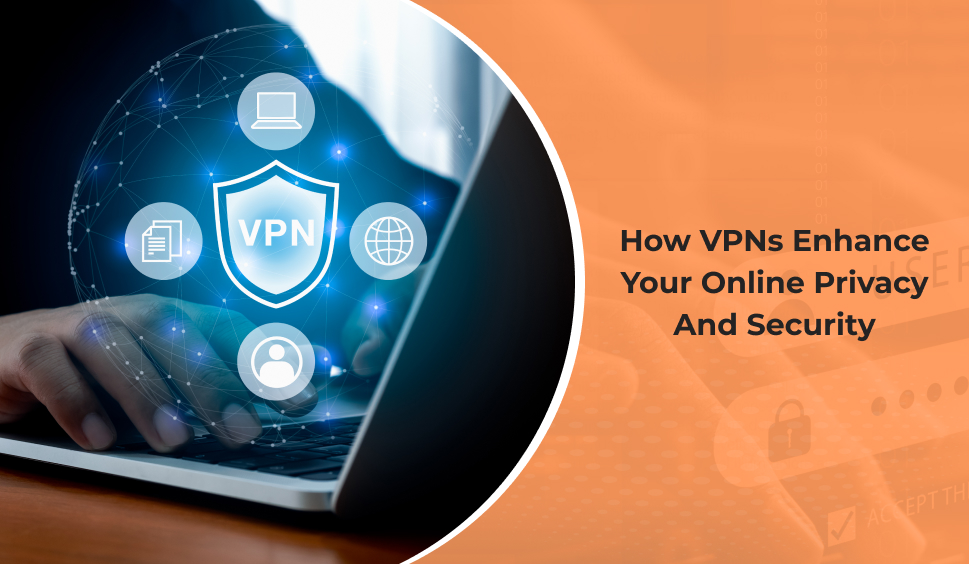
 Let's Discuss Your Tech Solutions
Let's Discuss Your Tech Solutions 


